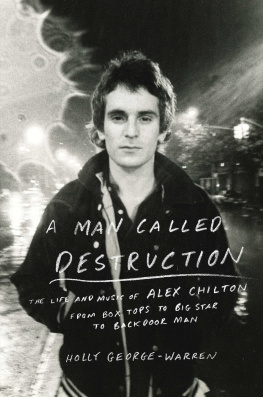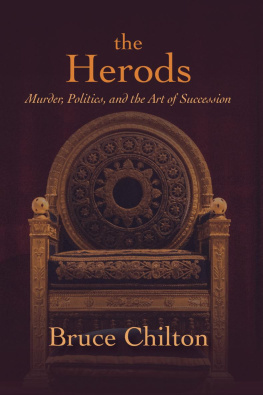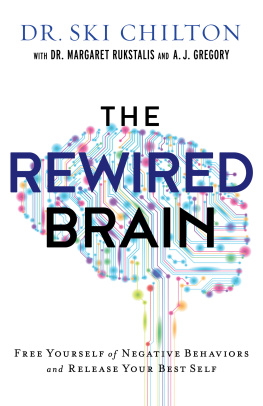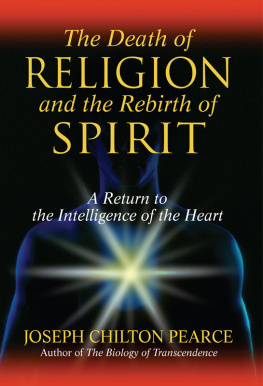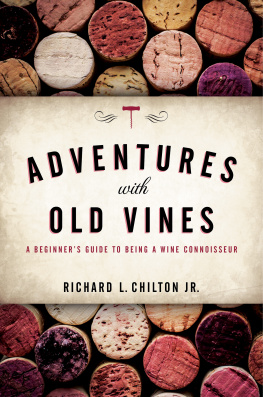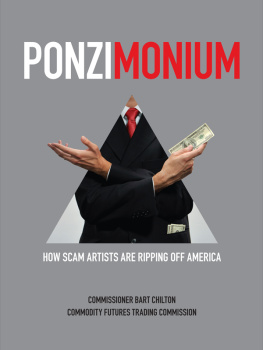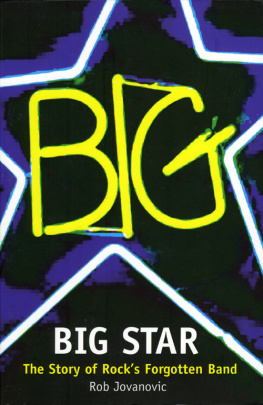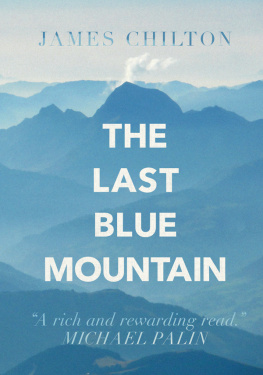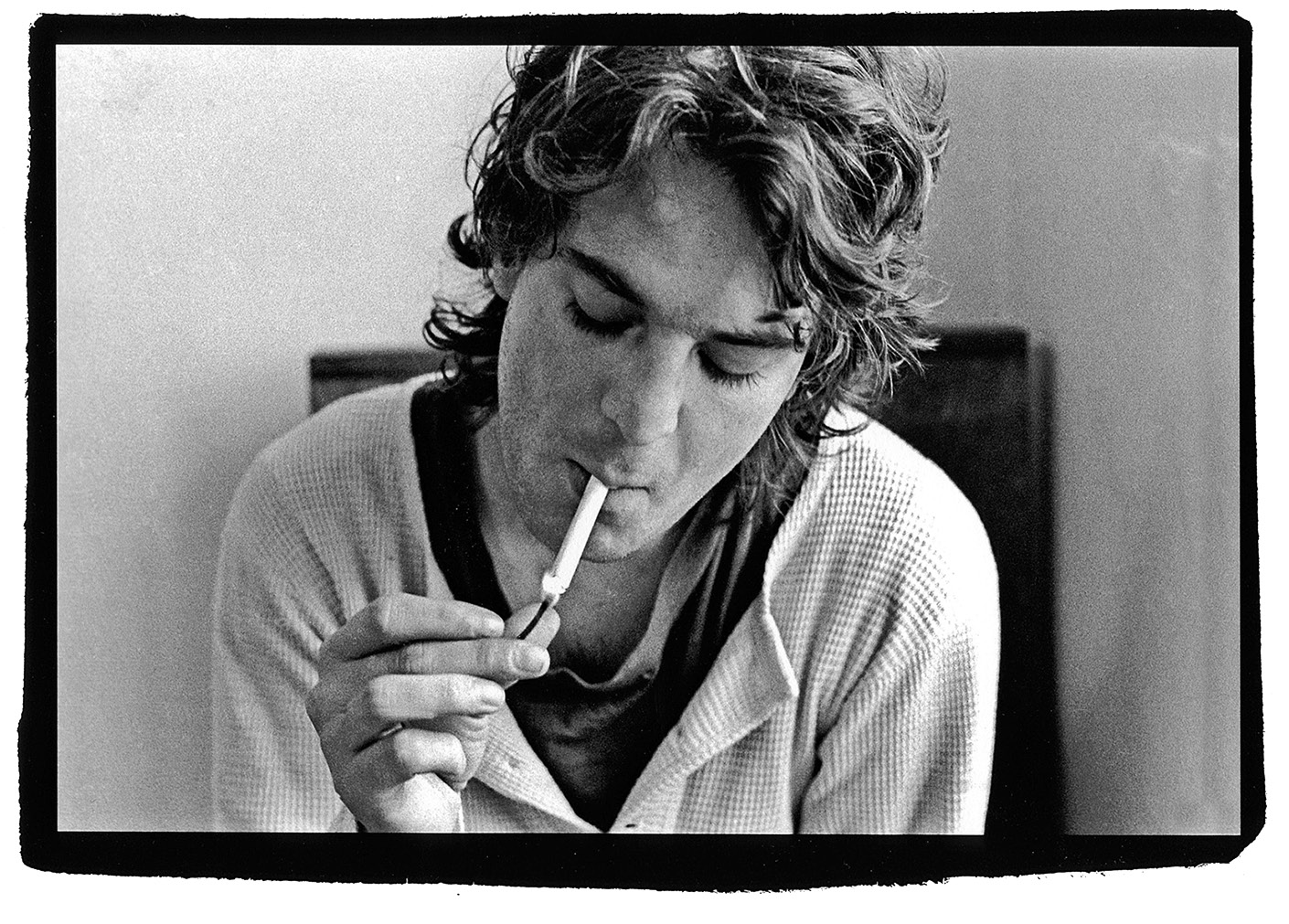ALSO BY HOLLY GEORGE-WARREN
Public Cowboy No. 1: The Life and Times of Gene Autry
Punk 365
Grateful Dead 365
The Cowgirl Way: Hats Off to Americas Women of the West
Honky-Tonk Heroes and Hillbilly Angels: The Pioneers of Country & Western Music
Cowboy: How Hollywood Invented the Wild West
Shake, Rattle & Roll: The Founders of Rock & Roll
John Varvatos: Rock in Fashion (with John Varvatos)
The Road to Woodstock (with Michael Lang)
Its Not Only Rock n Roll (with Jenny Boyd)
How the West Was Worn: A History of Western Wear (with Michelle Freedman)
Bonnaroo: What, Which, This, That, the Other (editor)
The Rolling Stone Book of the Beats (editor)
The Rock and Roll Hall of Fame: The First 25 Years (editor)
Farm Aid: A Song for America (editor)
The Rolling Stone Encyclopedia of Rock & Roll (coeditor)
Martin Scorsese Presents the Blues: A Musical Journey (coeditor)
VIKING
Published by the Penguin Group
Penguin Group (USA) LLC
375 Hudson Street
New York, New York 10014

USA | Canada | UK | Ireland | Australia | New Zealand | India | South Africa | China
penguin.com
A Penguin Random House Company
First published by Viking Penguin, a member of Penguin Group (USA) LLC, 2014
Copyright 2014 by Holly George-Warren
Penguin supports copyright. Copyright fuels creativity, encourages diverse voices, promotes free speech, and creates a vibrant culture. Thank you for buying an authorized edition of this book and for complying with copyright laws by not reproducing, scanning, or distributing any part of it in any form without permission. You are supporting writers and allowing Penguin to continue to publish books for every reader.
Photograph by Stephanie Chernikowski
LIBRARY OF CONGRESS CATALOGING-IN-PUBLICATION DATA
George-Warren, Holly.
A man called destruction : the life and music of Alex Chilton, from Box Tops to Big Star to backdoor man / Holly George-Warren.
pages cm
Includes bibliographical references and index.
ISBN 978-0-698-15142-0
1. Chilton, Alex. 2. Rock musiciansUnited StatesBiography. I. Title.
ML420.C4737G46 2014
782.42166092dc23
[B] 2013041158
Version_1
For Robert and Jack
CONTENTS
Prologue
Somewhere along the line I figured out that if you only press up a hundred copies of a record, then eventually it will find its way to the hundred people in the world who want it the most.
Alex Chilton uttered those words to English musician Epic Soundtracks, a cult figure in his own right, in 1985. Nearly thirty years laterduring the summer of 2013New Yorks Central Park hosted a concert celebrating 3rd/Sister Lovers, one of Alexs groundbreaking, yet commercially unsuccessful albums. The following night, the documentary Big Star: Nothing Can Hurt Me premiered in Manhattan, then opened around the country. Both events resulted in a flurry of Alex Chiltonrelated Facebook exchanges, blogging, and media coverage. The Central Park performance marked the pinnacle of eight months of concerts over a thirty-month span organized by former Chilton collaborator Chris Stamey. In U.S. cities as well as around the world, participants ranged from members of R.E.M. and Wilco to Robyn Hitchcock and M. Ward. A few weeks later, some of Alexs noisiest acolytes, the Replacements, played their first gig in twenty-two years with their 1987 ode Alex Chilton now reaching an audience of fifty thousand, thanks to the internet.
For more than forty years, before his sudden death of a heart attack in March 2010, Alex Chilton touched three-plus generations of fans with his diverse musical legacy. He began his life in music in 1967 as a soulful-sounding teen idol before evolving into a brilliant songwriter and then punk provocateur in the 1970s. After a time in the wildernessdriving cabs, washing dishes, trimming treeshe became the revivified elder statesman of roots music and indie rock, from the mid-80s until his passing. Musician Chuck Prophet wrote of him, He defies categorization entirely. ENTIRELY. Isnt that rock & roll? What rock & roll was and should be all about?
Alex, though, was forever hell-bent on diverting attention from his artistic accomplishments and widening influence. Unimpressed with the laurels bestowed on him by music critics, alternative rockers, hipsters, and fans, Chilton carved out a sort of incognito life for himself in his adopted hometown of New Orleans.
Alexs passing at age fifty-nine sent shock waves of grief through the music world and the international media. His death was noted on the evening news, NPR, and in more than a hundred newspapers. The New York TimesMagazine included him in their annual The Lives They Lived, in which Rob Hoerburger theorized, If one measure of rock stardom is being your own man, then Chilton, whose career was tracked with impurities, might have been the purest rock star of all. Rolling Stone had already placed his three Big Star recordings into its 2003 list of the greatest albums of all time, and Spin, in its 25th anniversary issue, said Chilton essentially invented indie and alternative rock. In the Los Angeles Times, Ann Powers reflected, Chilton wasnt just a genius writer of Beatles-inspired power pop songs. He was a lifelong epicurean and cultural adventurer who sought to brighten the corners of American popular music through his own work.
Alex died the same week Big Star was to perform at Austins South by Southwest, the countrys largest gathering of music cognoscenti. Those who knew him, not wanting to face the hard truth, considered the possibility that hed faked his demise to avoid the wide-eyed fandom he did not court. But just as it had during his life, his work shone despite the circumstances. Chilton pretty much stole the eighty-thousand-strong conference, with artists ranging from Ray Davies to John Hiatt, Courtney Love to Cheap Trick eulogizing him on various stages. A packed tribute concert became a cathartic, makeshift memorial for the reluctant iconoclast, a rainy parade of indie-rock luminaries. A procession of guest musicians helped underscore both the timeless beauty of Chiltons best songs and the wide-ranging influence his music had across different genres and generations, reported the Chicago Sun-Times. More memorial concerts followed, in Memphis, New York, Los Angeles, Nashville, New Orleans, Chapel Hill, and other college towns where his trio had played small clubs off and on for twenty years. No doubt, Alex Chilton would have been bemused by all this attention, perhaps annoyed that once again his story is spun regardless of his will.
Music was Alexs lifebut what he loved more than making music was doing it on his own terms. As former Washington Post writer Joe Sasfy put it, He [was] always riveting and real in ways few performers can ever risk. And it is those risks, in life and art, that separate Chilton from all that he has spawned.

